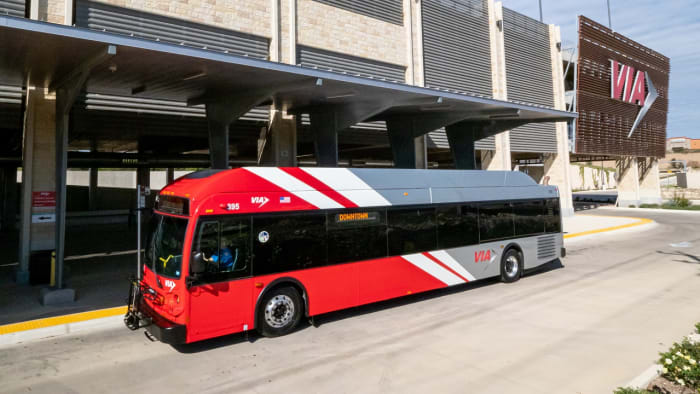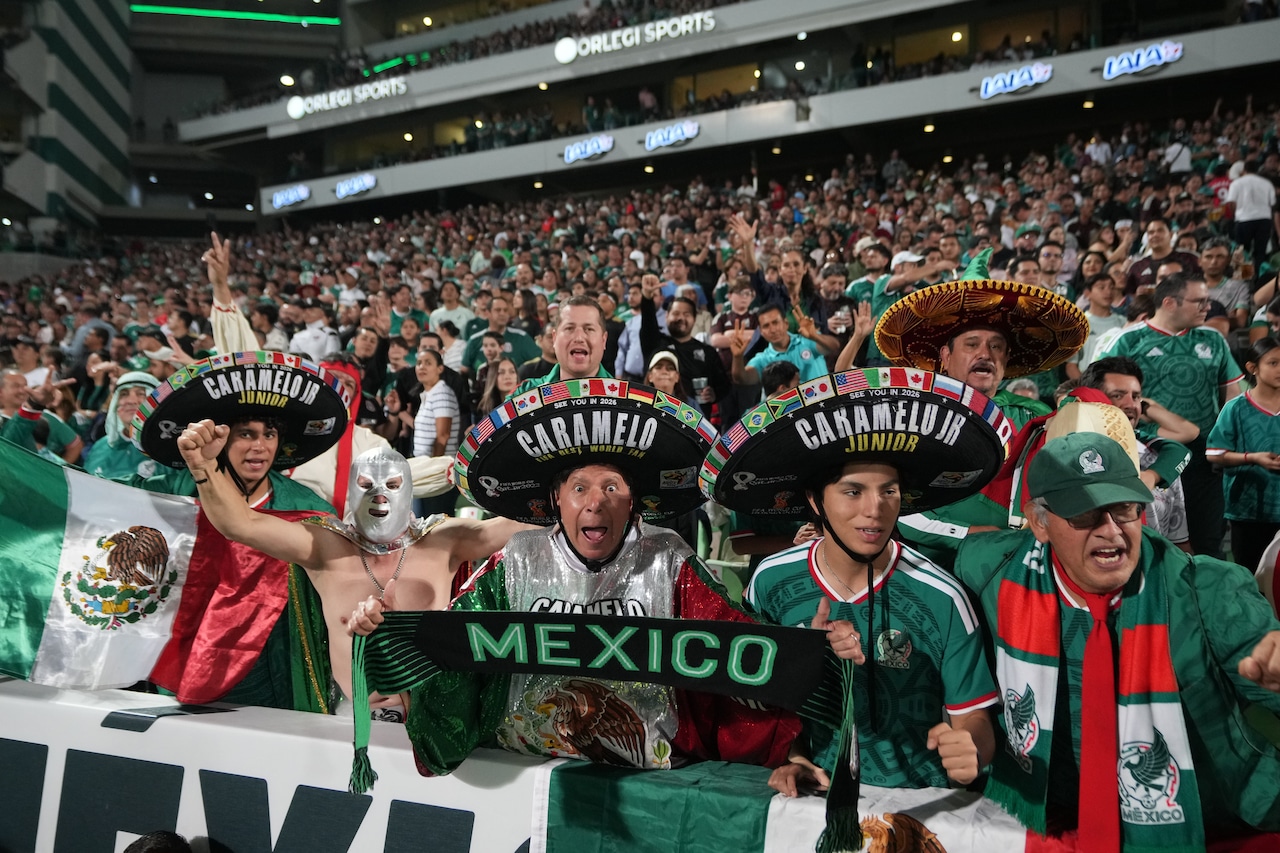Friendly? Forget it. When Mexico squares off against Paraguay at the Alamodome, what you’re truly witnessing is a meticulously choreographed financial play, thinly veiled as an international soccer match. This isn’t just about athletic prowess; it’s about pure, unadulterated revenue.
The Real Story
“Building momentum,” they crow. But whose momentum are we talking about? The national team’s, or the multi-million dollar marketing machine that orchestrates “El Tri’s” every move? Let’s not forget, the last time these supposed titans clashed in 2022, Paraguay delivered a humbling 1-0 defeat. This isn’t merely a rematch; it’s a strategically timed opportunity. An opportunity to pack the Alamodome, to push VIA’s Park & Ride services to their limits from Crossroads and Brooks, and to inflate viewership figures, even with the lure of a “free stream” that inevitably funnels countless eyeballs directly to eager advertisers.
The narrative is always wrapped in the comforting blanket of competitive spirit, a crucial “tune-up” for bigger things. But how much genuine “tuning” does a squad truly need when the overarching objective appears to be maximizing every single gate receipt and broadcast deal? The average fan sees a game, a moment of national pride. The discerning analyst, however, sees a meticulously planned transaction, engineered for profit.
“Every single ‘friendly’ is not just a match; it’s a line item on a balance sheet. These federations aren’t prioritizing the beautiful game; they’re prioritizing shareholder value. And the fans who pay good money? They’re not just spectators, they’re the consumable product being delivered to sponsors.” – A C-Suite Sports Marketing Exec, demanding anonymity
Why It Matters
It matters because the very essence of pure sport is steadily eroding, replaced by commercial imperative. When a marquee match is championed as a vital step towards future glory, yet its entire support infrastructure – from exorbitant ticket prices to mandated transport services and ad-saturated “free” streams – screams unbridled commercial exploitation, then trust is the first, irreparable casualty. Fans invest not just their money, but their very identity and emotional capital. They deserve absolute clarity: are they genuinely supporting national pride and athletic development, or are they unwittingly subsidizing opaque corporate agendas and executive bonuses?
The Alamodome will undoubtedly be packed, VIA’s buses will undoubtedly ferry thousands, and millions will click on those streams. Every single interaction point, every emotional high, every moment of suspense, is meticulously monetized. In this landscape, the actual outcome of the game itself risks becoming disturbingly secondary to the overwhelming financial success of the entire engineered event. This isn’t sport; it’s a spectacle of capital.
The Bottom Line
If the relentless pursuit of profit margins continues to overshadow genuine competitive integrity in these cynically labeled “friendlies,” the long-term future of international soccer is dire. It faces the very real threat of alienating its most passionate, most dedicated fanbase. We are not merely drifting; we are actively hurtling towards a future where raw passion is ruthlessly commoditized, and every single whistle, every roar of the crowd, sounds less like the thrill of the game and more like the cold, hard clang of a cash register. Brace yourselves for an escalating parade of high-gloss, low-stakes spectacles, until the fans themselves finally demand more than just a glorified “tune-up.”


